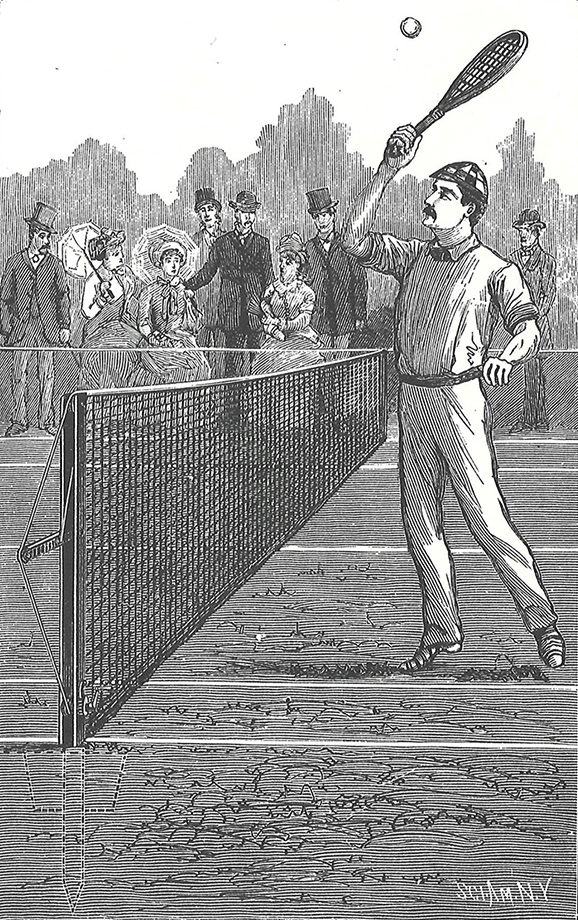Home. » Growing better. » New Growth by New Knowledge. » Snap Judgment.
New Growth. By new Knowledge.
Snap.
Judgment?
»Snap Judgment« is quick judgment. Very quick at that. Sounds great: Give me the question, here’s your answer, next question. Not an overly nice way to put it – but still pretty close to what it’s all about: Thinking, shot from the hip. Which of course gives an idea of where the problem lies: Snap Judgment may be quick, but not necessarily accurate. Nobel Laureate Daniel Kahneman wrote a very successfull book on the phenomenon (and problem): »Thinking, fast and slow«*, introducing besides the instantly attractive sounding »fast« the fact that there is an option to quick thinking, the less attractively sounding »slow«. To be sure: Both ways have their merits – and their flipsides. Both ways have their time. A tool is only so good as its fit to the task. Important, then, to learn which way to use when. Not to rush, and not to procrastinate. Have a look at below example – which of course calls for quick thinking.**
(* Daniel Kahneman, Thinking, Fast And Slow, 2011.)
(** Or does it? At times it may feel right to take the liberty of taking some speed out of the thinking process – for the sakes of knowing the right thing in the end.)
Easy question, can I have the answer quick, please:

The neighborhood’s sports shop is currently offering a bargain package: A softball bat plus softball for merely one dollar ten. To make the savings tangible, the shop says the bat’s only one dollar more than the ball. As good and wary accountants we’re cautious – and give it, easy as it is, a quick check: How much’s the ball? How much the bat. Obvious. Easy. Is it?*
(*Check below slides to make sure you’re right. Oooh – you aren’t, after all? Took you more thinking than you thought? More time than you reckoned? No result yet? Take your time, we’re not watching.)
For solutions, this way.
Der Schläger kostet einen Euro mehr als der Ball.
Nennen wir den Preis des Balls »x«.
dann kostet der Schläger das, was der Ball kostet, plus einen Euro:
Ballpreis = x
Schlägerpreis = x + 1,00 €.
Preis des Balles + Preis des Schlägers = 1,10 €
Mit anderen »Worten«: x + (x + 1,00 €) = 1,10 €
Das kann man auch so darstellen: 2x + 1,00 € = 1,10 €
Oder so: 2x = 1,10 € – 1,00 €
Das heißt: 2x= 0,10 €
Und das heißt: x = 0,10 € : 2
Also: x = 0,05 €
Mit anderen Worten: Der Ball kost' 5 Cent.
The message of the story:
Technically speaking, only what’s »true« is truly knowledge. A fantasy’s, a dream’s content, is not knowledge. A deception, even if perfectly wrapped around us, with us having no way of observing the deceit and still being perfectly able to live our daily lives within the deception’s world, according to the deception’s rules: No knowledge anywhere. Karl Popper, the philosopher, says: Knowledge is only what is 1.) true, 2.) justified, and 3.) can be proofed. From here on we’re entering pretty bumpy philosophical ground. No doubt important to tread. However, not to rush in. Our suggestion: Let’s leave it at that for the time being. And we’ll come back to the problem when there’s more time. And no need for making it snappy.
One more word – or two?
// The eye obeys exactly the action of the mind. //
Ralph Waldo Emerson — American Philosopher
// What you do isn’t about what you see – it’s about what you think (you see). //
